Rewriting your story
How returning to a creative project can change you in the process
The unfinished novel consigned to a drawer may be a cliche. Still, I imagine I’m not the only creative with a project that haunts them. The initial excitement wanes, and you lose hope you’ll finish it. But it lurks on the edge of your consciousness. Unfinished business.
I confess the first glimmer of an idea for my novel arrived in 2020. Day by day, week by week, I immersed myself in a secret world. Within a few months, I ratcheted up enough words for a finished novel. But I was unsatisfied.
I loved the world I had created but something eluded me on the page. The book continued to nag at me but I didn’t feel ready to return to it until this year. Last winter, I moved to Silverdale, where my book is set. I wandered through the woods by moonlight listening to the tawny owls call to one another. My daily life echoed scenes that could happen in my novel. I knew it was time to revisit that world.
Fresh eyes
The passing of time brings something new. I always like to leave a pause of at least one sleep between writing something and publishing it. You see it anew. With a project as long as a novel, that percolation time is much longer.
I honed in on the details when I first reread it in 2020. Nothing happened in this scene, those descriptions were hackneyed. This time I gave myself the grace to try again, to take in the bigger picture. I let myself sit with the questions of what I needed to change rather than acting on my immediate answers.
It was uncomfortable. I had poured so much into the first draft. While on a crisp walk around the bay, a deeper insight surfaced. While there were enough words for a novel, there was no real story. It’s all about transformation. Stories hinge on change - by the end, the main character must be different. Otherwise, there is no story. And without a story, there is no point.
Being a beginner
I knew what needed to change but not how. It was hard to admit as a writer that I didn’t know where to start. After grappling with words to no avail, I signed up for a novel writing course. Allowing yourself to be a beginner is one of the hardest things you can do as an adult. It’s even harder when it’s something that’s part of who you are.
But I had to let that go. I wanted to finish the project and I needed help. Instead, I embraced learning and being a beginner. It takes humility to revisit yourself on the page. To dismantle what you have created and take something from the remains. It wasn’t so much a case of polishing what was there but razing it down and starting again.
The struggle
With this insight, I had clarity about what I needed to do. The main character, Morgan, fears losing control. She is different from me, though she leans on my flaws. One of the lessons that struck me was that a novel takes the character from focusing on what they want to what they need.
What Morgan wanted was clear to me - to keep her quiet life, to avoid losing her daughter. But what she needed perplexed me. That first part of her character was clear, but the transformed version of her was shrouded in mist.
My wisdom was paper-thin. It’s not as easy as picking a story arc on a whim. It has to be steeped in life lessons, things I had yet to learn. The author god metes out justice to their characters, giving them what they deserve. But I wasn’t sure what that was. My struggle to write the second half signalled I had more to learn.
The ending continued to elude me. My original version dissolved into unremitting tragedy but something niggled at me. It needed redemption - if only to show myself it was possible. There had to be something more for her.
A moment of epiphany
While walking along the coastal path, I talked through the plot problem with my partner. Out loud, away from the screen, it did not feel so fixed. The ideas were fluid like the channels of the estuary. Time slowed as the light filtered through the hazel trees, the bark silver in the sun. What was a blindspot for me came to him easily. I realised I could not write the ending yet because I was still grappling with needing to be in control. First, I had to step into the gap to write my way to an ending.
Deep work
Discovering the ending demanded deep work. The novel is about letting go of control and learning from loss. I needed to face my fears to write through it. I was rewriting my story. Of course, a novel is such a vast project that it is an exercise in letting go. Often I would read back what I had written and it would seem alien, unfamiliar. Sentences sneaked up on me revealing depths I didn’t know existed.
Rewriting the story
Now I’m writing again. It may be the same story but it feels different this time. I’m writing towards something. It’s less about word counts or ticking off writing on my list. Sometimes I allow myself that golden hour to dream and play with possibilities. Other times I’m writing and seeing where it takes me.
I’m letting myself sink into the overarching story arc and mood rather than raking over the details. I know the pages will shapeshift and many of these chapters will disappear. And that offers freedom. The writing has become redemptive, as the words spool out, limiting beliefs loosen and my thinking becomes fluid.
Creative projects as transformation
Any creative project is an act of transformation. Or perhaps more accurately, becoming. There is no neat before and after, simply moving towards a new state. Creative projects teach us so much if we allow them. Often that project you’ve neglected is a blindspot or aspect you need to give attention to grow.
So tell me in the comments, what creative projects have changed you? Are there any lurking on the edge of your consciousness that it’s time to revisit?



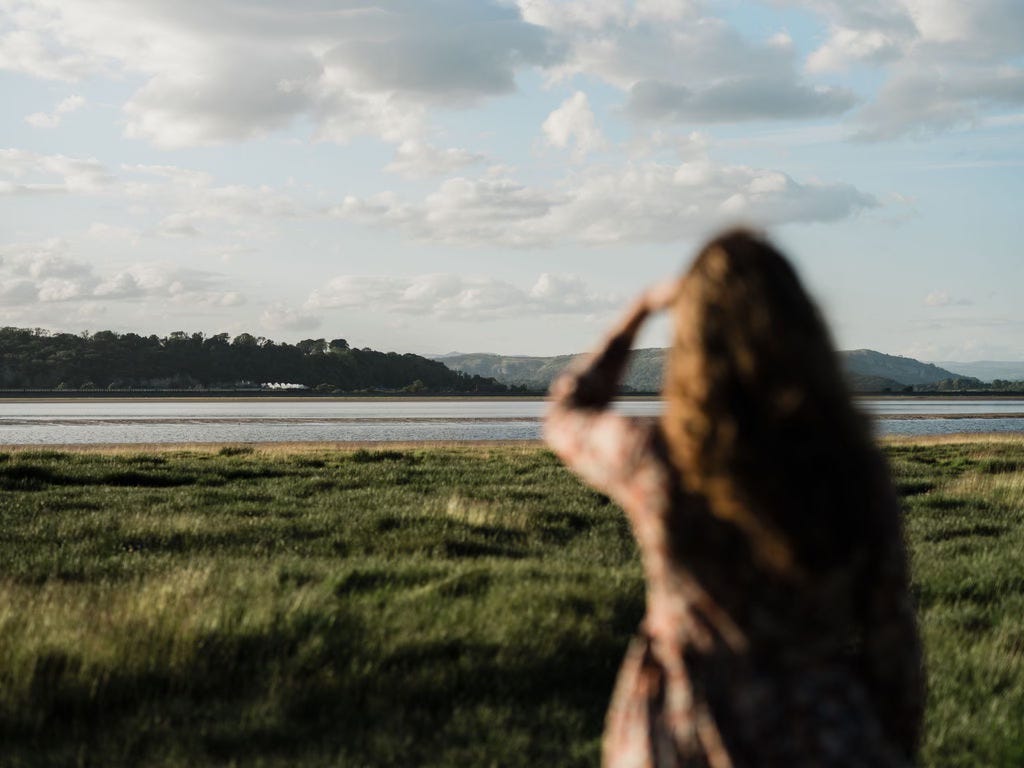
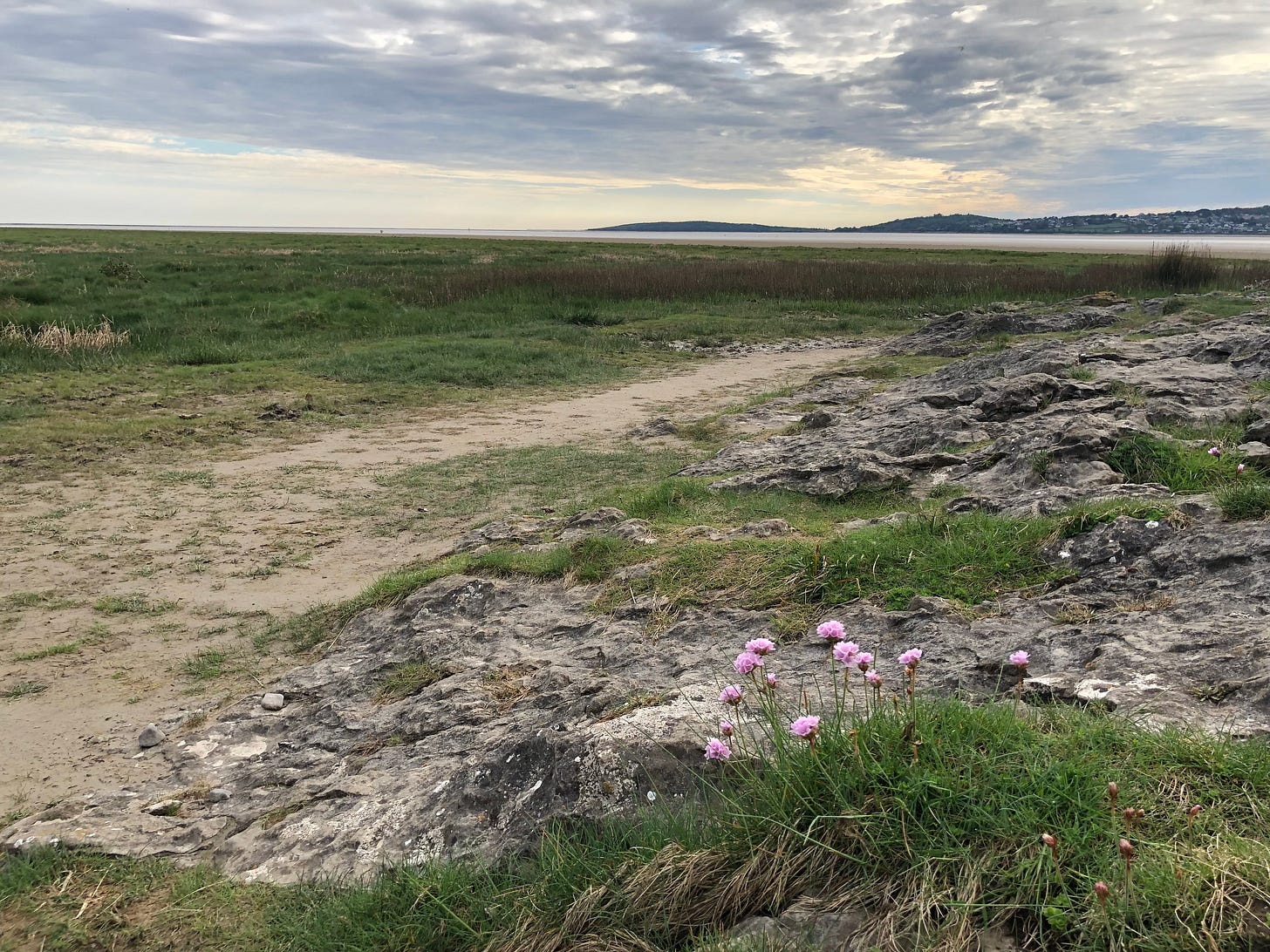
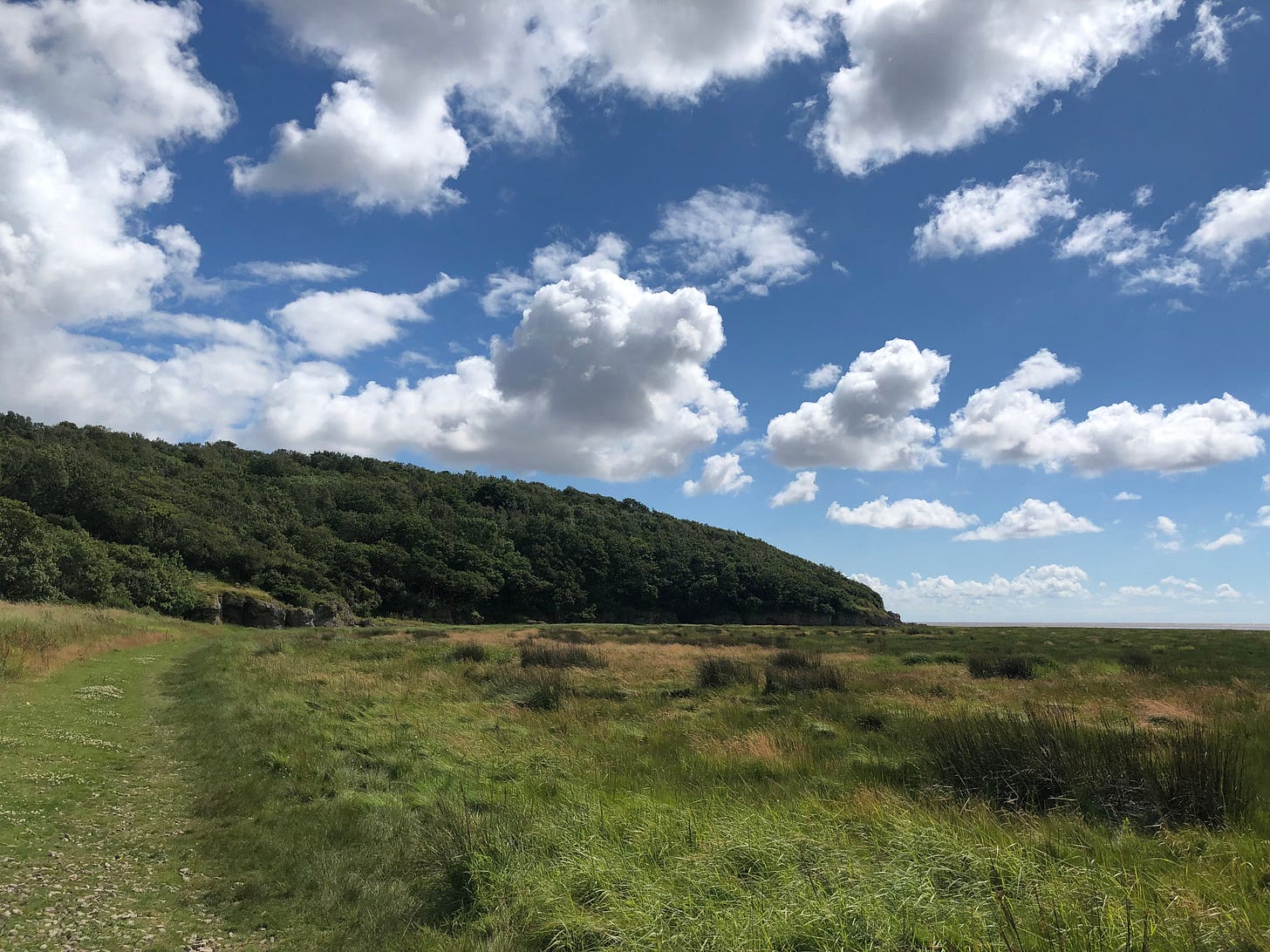
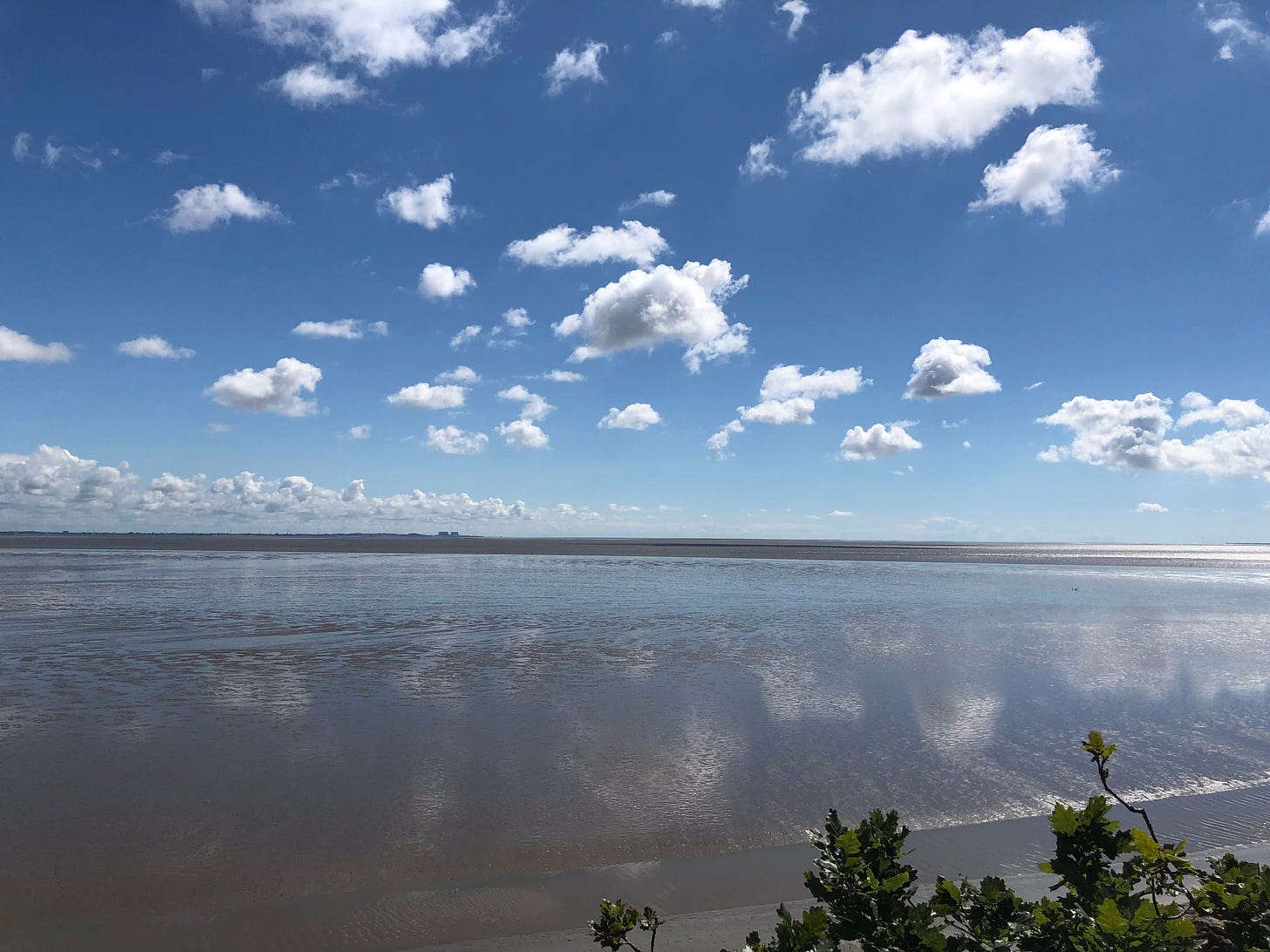
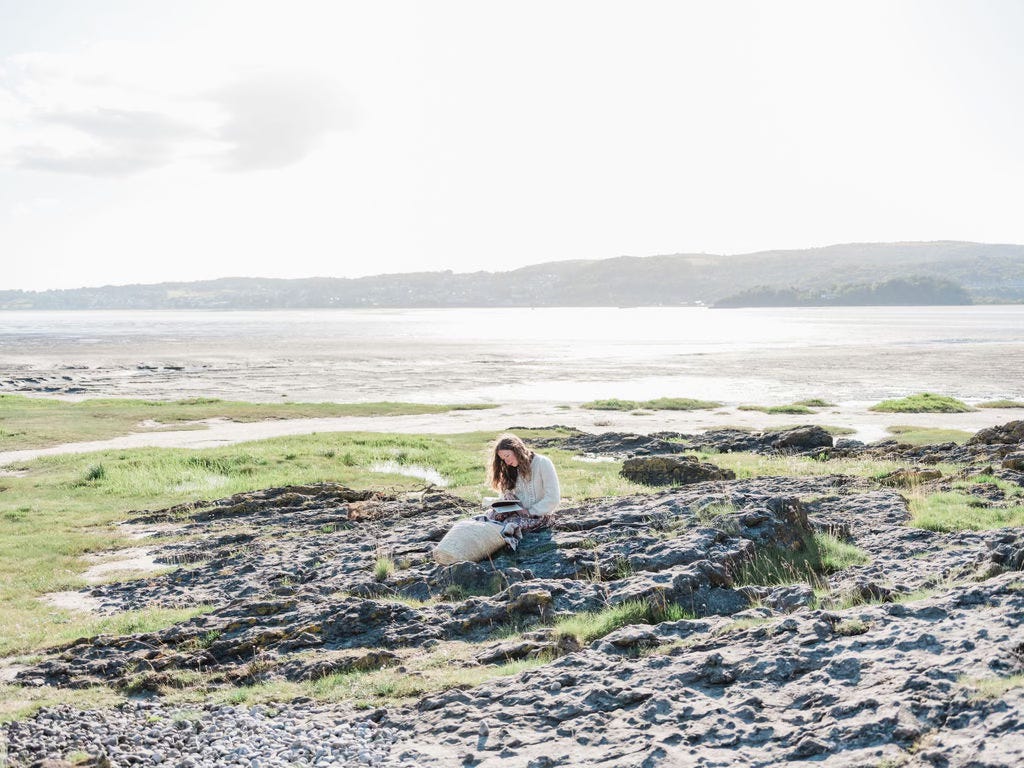
The grace to try again! Beautifully put. I can relate to this from writing my first novel. When I returned to it years later I had new insights and life lessons that helped me shape it further. So excited to read yours when the time comes!
Can't wait to read the finished piece! I am sure it will be wonderful.